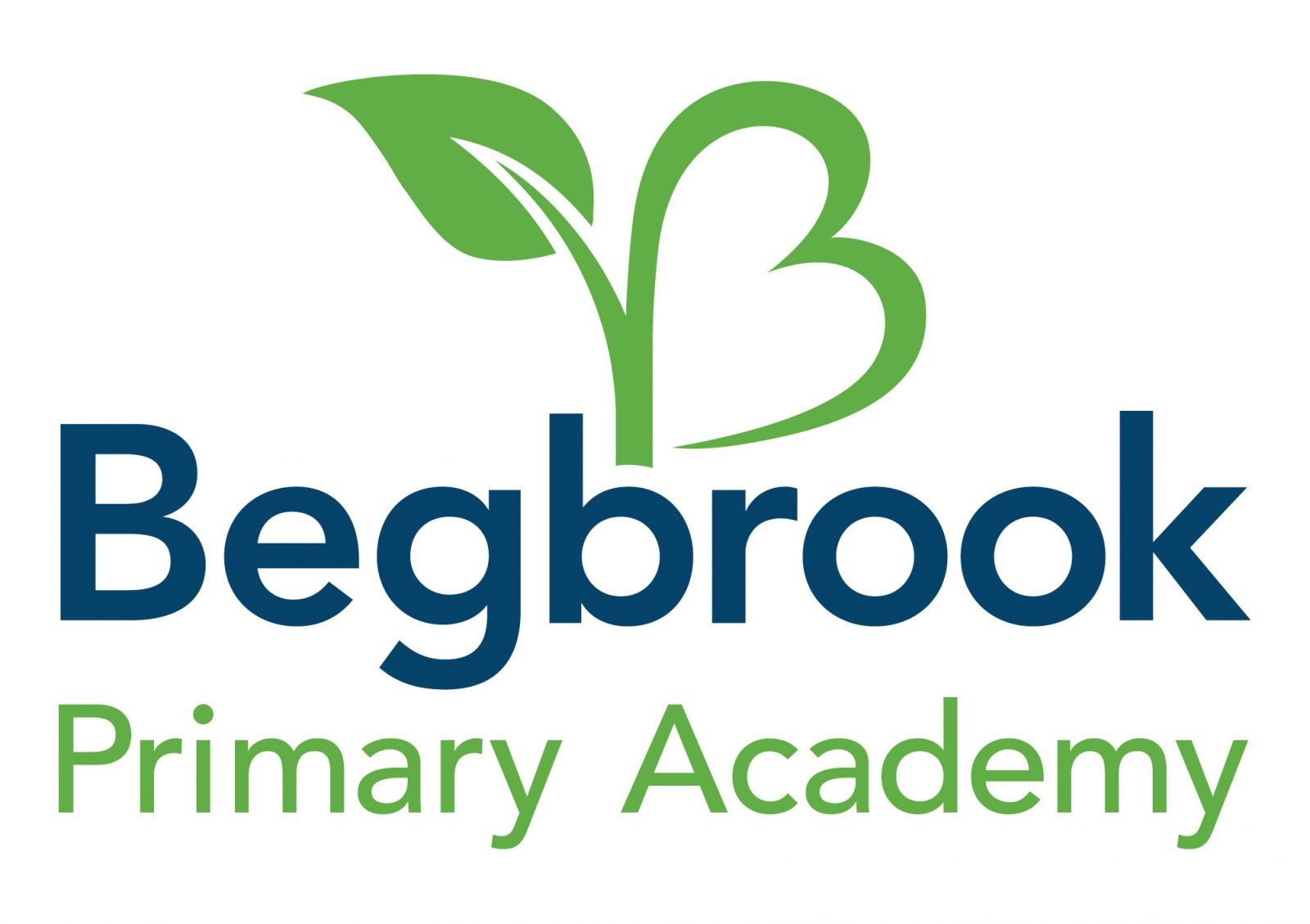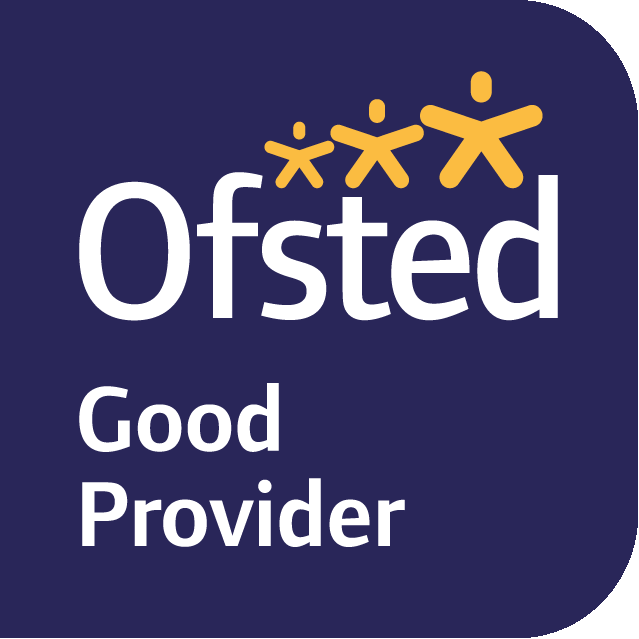Term 4, Week 3 – Emotional Harm
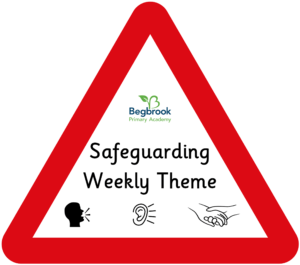
Emotional Harm
This week, we are talking to children about emotional harm – what it is and what they can do to get help if they need it.
In daily reviews and Friday’s safeguarding weekly theme session, we will be sharing the following information with children:
What is emotional harm?
•Emotional harm (also called emotional abuse) can be very harmful to children, as it affects their mental and emotional well-being. This mean is affects how a child thinks and feels. Whether it’s words, constant criticism, or even a silence, if a child hears it often enough they might start to believe it. This is emotional abuse.
What are some examples of emotional harm?
Emotional abuse includes when someone:
o calls you names
o keeps shouting at you, even if you haven’t done anything wrong
o puts you down
o ignores you or leaves you out of things
o says or does things that make you feel bad about yourself
o makes you feel like you don’t belong
o makes you take responsibility for things you shouldn’t have to do until you’re older
o tries to control you or put pressure on you to do things you’re not ready to do
o treats you differently from your brothers or sisters
o puts you in dangerous situations
o is aggressive and violent to other people in your family and you keep seeing it
o stops you from having friends.
What are your rights to being safe?
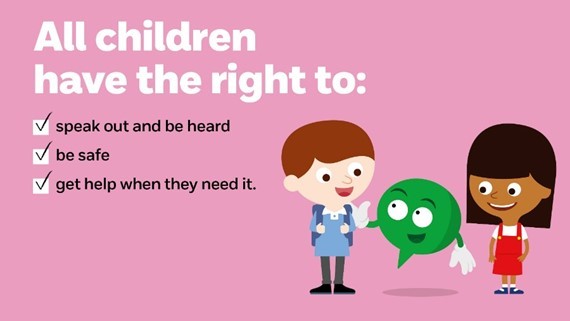
What can you do if you’re worried about something?
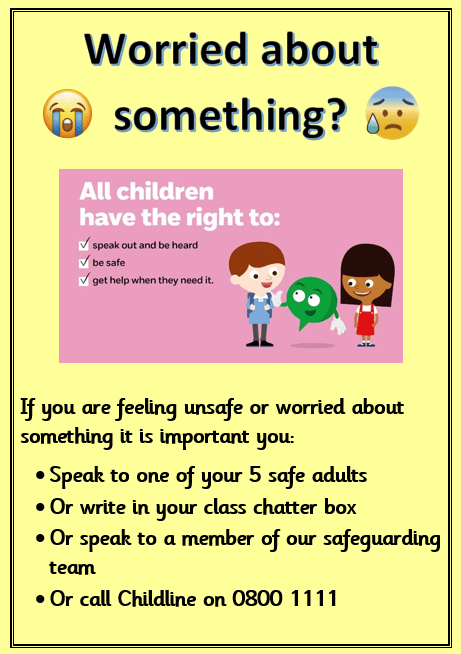
For advice and guidance for parents and carers, please follow the links below:
https://www.thehotline.org/resources/what-is-emotional-abuse/
https://www.childline.org.uk/info-advice/bullying-abuse-safety/abuse-safety/emotional-abuse/
